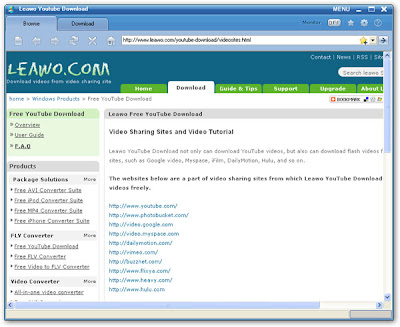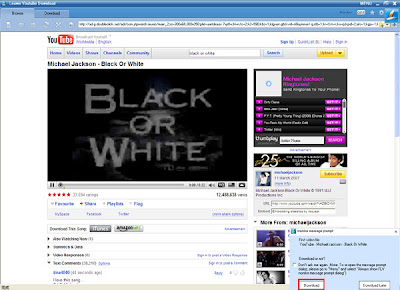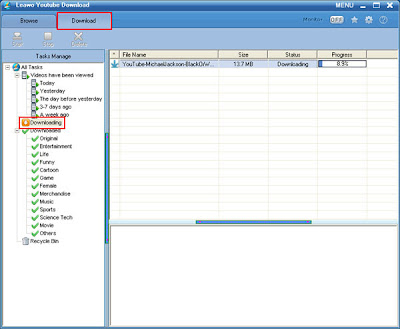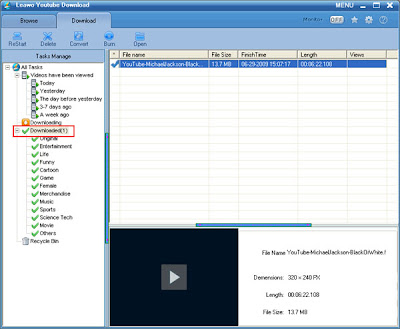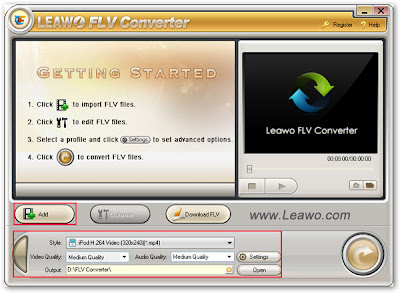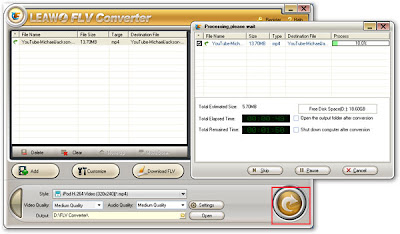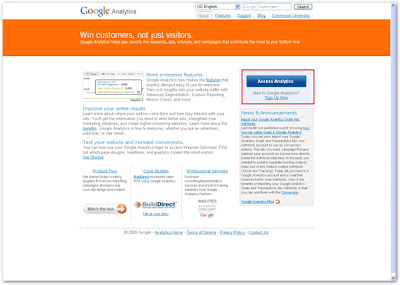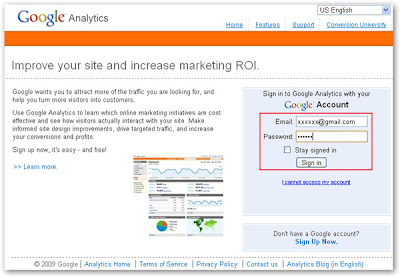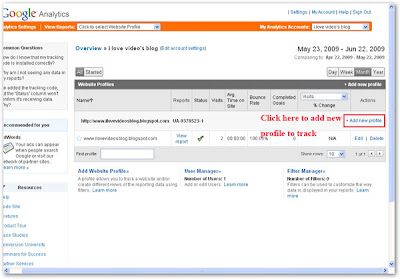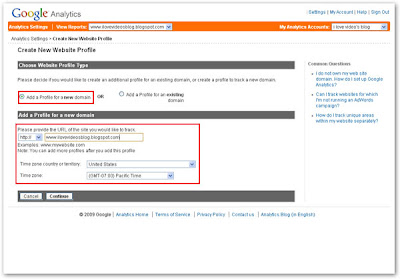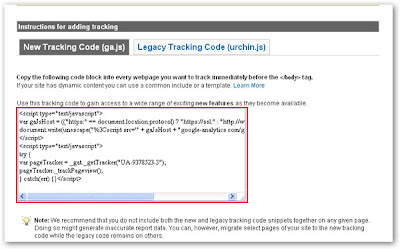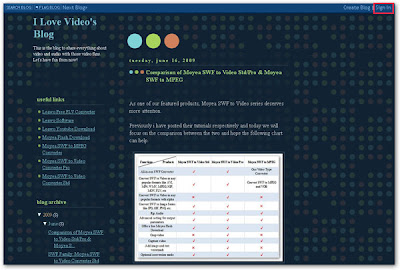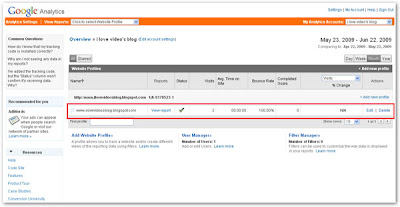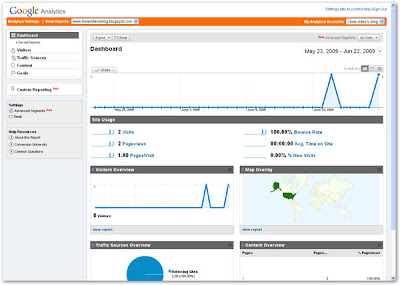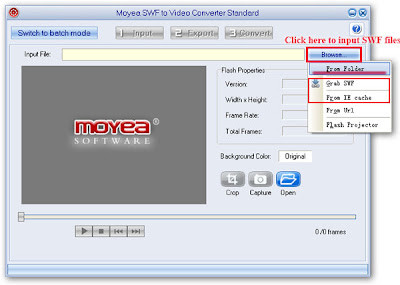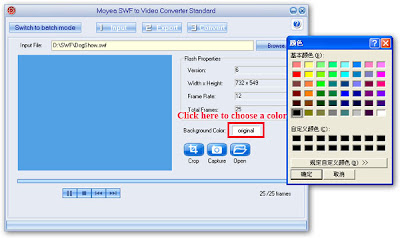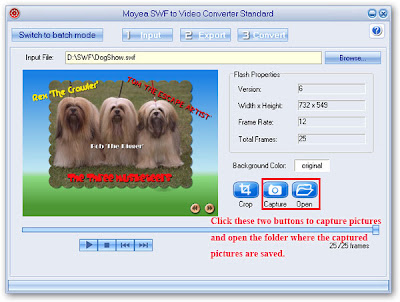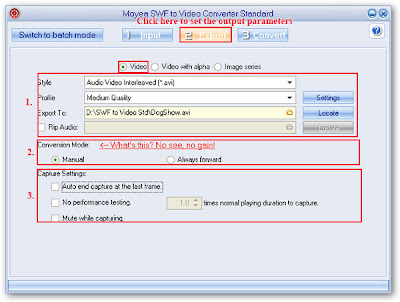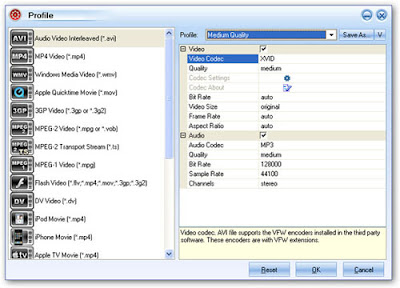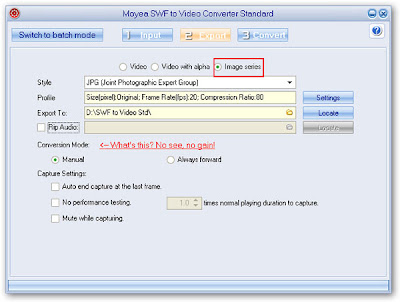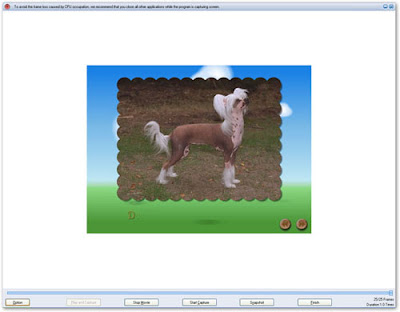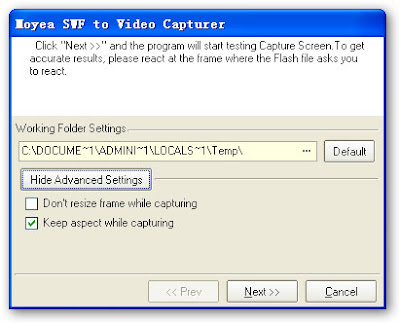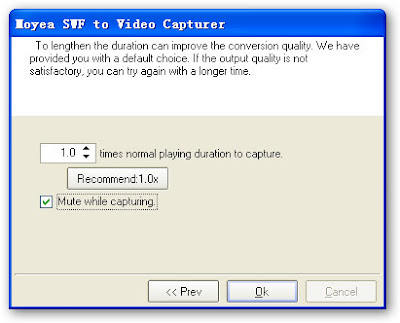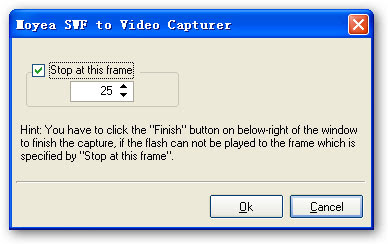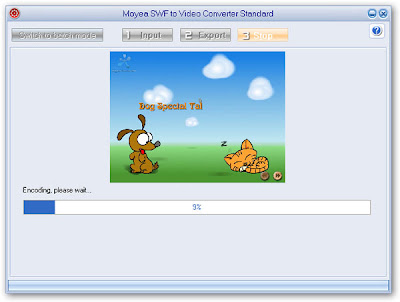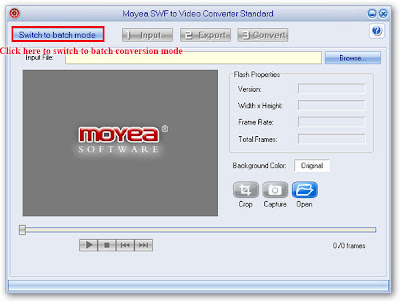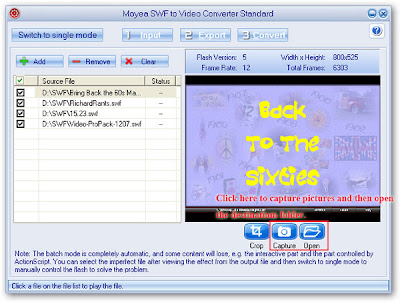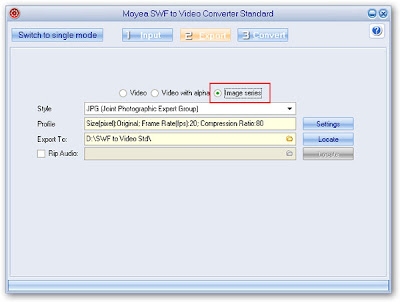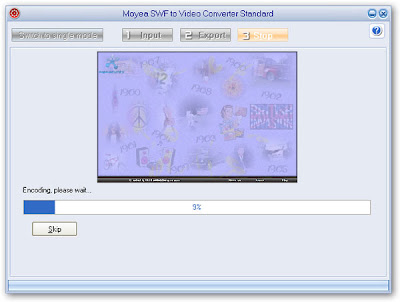Jun, 26th on history:
Jun, 26th, 1945: 51 countries, including China signed the "Charter of the United Nations." in San Francisco, United States. That day is called United Nations Day.
Jun, 26th, 1987: the United Nations in Vienna unanimously agreed to make June 26 each year as the International Day against Drug Abuse in order to attract world attention on the drug problem.
Jun, 26th, 2000: 6 countries including China, United States, Britain, Japan, Germany, France announced the draft of human genome map had been finished and China is the only developing country among the six.
......
Jun, 26th, 2009: the King of Pop-one of the most widely beloved entertainers and profoundly influential artists of all-time-Michael Jackson died.
Just like the death of one of the most famous Hongkong actors named Leslie Cheung on Apr, 01st, the Fool’s Day, Michael Jackson’s death on International Anti-Drag Abuse Day makes his leaving a mystery.
This article is written to express our profound sadness and to memorize our icon, Michael Jackson, a brilliant troubadour for his generation, a genius whose music reflected the passion and creativity of an era.
Michael Jackson’s Background Information:
Birth Name: Michael Joseph Jackson
Born: August 29, 1958, Gary Indiana, United States
Died: June 25, 2009 (aged 50), Los Angeles, California, United States
Genre(s): Pop, R&B, Rock, Soul
Instrument(s): Vocals, Multiple Instruments, Percussion
Voice type(s): Falsetto, tenor
Years Active: 1967-2009
Label(s): Motown, Epic
Associated Acts: The Jackson 5/The Jacksons
Official Website: www.michaeljackson.com
Michael Jackson’s Life and Musical Career:
1958–1975: Early life and The Jackson 5
On August 29, 1958, Michael Joseph Jackson was born in Gary, Indiana (an industrial suburb of Chicago, Illinois) to a working-class family. The son of Joseph Walter "Joe" Jackson and Katherine Esther, he was the seventh of nine children. His siblings are Rebbie, Jackie, Tito, Jermaine, La Toya, Marlon, Randy and Janet .
In 1964, Jackson and Marlon joined the Jackson Brothers — a band formed by brothers Jackie, Tito and Jermaine — as backup musicians playing congas and tambourine, respectively. Jackson later began performing backup vocals and dancing; at the age of eight, he and Jermaine assumed lead vocals, and the group's name was changed to The Jackson 5. The band toured the Midwest extensively from 1966 to 1968.
In 1966, they won a major local talent show with renditions of Motown hits and James Brown's "I Got You (I Feel Good)", led by Michael.
In 1967 and 1968, the Jackson 5 recorded several songs, including "Big Boy", for the local record label Steeltown and signed with Motown Records.
Starting in 1972, Jackson released a total of four solo studio albums with Motown, among them Got to Be There and Ben. These were released as part of the Jackson 5 franchise, and produced successful singles such as "Got to Be There", "Ben" and a remake of Bobby Day's "Rockin' Robin".
In 1973, the group's sales began declining, and the band members chafed under Motown's strict refusal to allow them creative control or input. Although the group scored several top 40 hits, including the top 5 disco single "Dancing Machine" and the top 20 hit "I Am Love", in 1975, the Jackson 5 left Motown.
1975–1981: Move to Epic and Off the Wall
In June 1975, the Jackson 5 signed a new contract with CBS Records, joining the Philadelphia International Records division, later Epic Records.
In 1979, Jackson broke his nose during a complex dance routine. His subsequent rhinoplasty surgery was not a complete success; he complained of breathing difficulties that would affect his career. He was referred to Dr. Steven Hoefflin, who performed Jackson's second rhinoplasty and other subsequent operations.
In 1979, the solo album Off the Wall was released. It was the first album to generate four US top 10 hits and reach number on the Billboard 200.
In1980, Jackson won three awards at the American Music Awards for his solo efforts, and that year, he also won Billboard Music Awards for Top Black Artist and Top Black Album and a Grammy Award for Best Male R&B Vocal Performance.
1982–1985: Thriller, Motown 25, We Are the World and business career
In 1982, Michael Jackson’s second album Thriller was released. This album remained in the top 10 of the Billboard 200 for 80 consecutive weeks, 37 at the peak. Seven singles from Thriller concurrently hit the Billboard Hot 100 top 10. Thriller went on to sell upwards of 109 million copies, making it the best-selling album of all time.
On March 25, 1983, Jackson performed live on the Motown 25: Yesterday, Today, Forever television special, both with The Jackson 5 and on his own singing "Billie Jean".
On January 27, 1984, Jackson suffered a setback. While filming a Pepsi Cola commercial at the Shrine Auditorium in Los Angeles, Jackson suffered second degree burns to his scalp after pyrotechnics accidentally set his hair on fire.
On May 14, 1984, Jackson was invited to the White House to receive an award presented by U.S. President Ronald Reagan. The award was given for Jackson's support of charities that helped people overcome alcohol and drug abuse. Jackson won eight awards during the 1984 Grammys.
1986–1990: Tabloids, appearance, Bad, autobiography and films
In the mid-1980s, Jackson was diagnosed with vitiligo and lupus; the latter was in remission in Jackson's case, and both illnesses made him sensitive to sunlight
In 1987, the third album Bad was released. Bad had lower sales than Thriller, but was still a substantial commercial success. The Bad World Tour began on September 12, 1987, and finished on January 14, 1989.
In 1988, Jackson released his first autobiography, Moon Walk, which took four years to complete. Jackson told of his childhood, his experience in The Jackson 5 and the abuse he suffered as a child.
In 1989, Jackson's success resulted in his being dubbed the "King of Pop", a nickname conceived by actress and friend Elizabeth Taylor when she presented Jackson with an "Artist of the Decade" award.
From 1985 to 1990, Jackson donated $500,000 to the United Negro College Fund, and all of the profits from his single "Man in the Mirror" went to charity.
1991–1993: Dangerous and Super Bowl XXVII
In 1991, the fourth album Dangerous was released. It is the most successful New Jack Swing album of all time. “Black or White”, “Remember the Time” and “Heal the World” are the three biggest hits in this album.
In 1992, Jackson founded the "Heal the World Foundation". At the same time, the Dangerous World Tour began on June 27, 1992, and finished on November 11, 1993. Jackson performed to 3.5 million people in 67 concerts. All profits from the concerts went to the "Heal the World Foundation", raising millions of dollars in relief.
One of Jackson's most acclaimed performances came during the halftime show at Super Bowl XXVII(Super Bowl XXVII was an American football game played on January 31, 1993 at the Rose Bowl in Pasadena, California to decide the National Football League (NFL) champion following the 1992 regular season.)
1993–1994: Sexual abuse accusations and marriage
In February 1993, Jackson gave a 90-minute interview with Oprah Winfrey, his first television interview since 1979. He grimaced when speaking of his childhood abuse at the hands of his father; he believed he had missed out on much of his childhood years, admitting that he often cried from loneliness.
Jackson was accused of child sexual abuse by a 13-year-old child named Jordan Chandler and his father Evan Chandler. Jackson's image took a further turn for the worse when his older sister La Toya Jackson accused him of being a pedophile, a statement she later retracted.
By the fall of 1993, Jackson began taking painkillers, Valium, Xanax and Ativan to deal with the stress of the allegations made against him and he was addicted to the drugs.
On January 1, 1994, Jackson settled with the Chandler family and their legal team out of court, in a civil lawsuit for $22 million. After the settlement Jordan Chandler refused to continue with Police criminal proceedings. Jackson was never charged, and the state closed its criminal investigation, citing lack of evidence.
In May of 1994, Jackson married singer-songwriter Lisa Marie Presley, the daughter of Elvis Presley. They had first met in 1975 during one of Jackson's family engagements at the MGM Grand Hotel and Casino, and were reconnected through a mutual friend in early 1993. Jackson and Presley divorced less than two years later, remaining friendly.
1995–1999: HIStory, second marriage and fatherhood
In 1995, Jackson released the double album HIStory: Past, Present and Future, Book I. The first disc, HIStory Begins, was a 15-track greatest hits album, and was later reissued as Greatest Hits — HIStory Vol. I in 2001, the second disc, HIStory Continues, contained 15 new songs. It is the best-selling multiple-disc album of all-time, with 20 million copies (40 million units) sold worldwide. HIStory received a Grammy nomination for best album.
In early 1996, the Anti-Defamation League (ADL) issued a press release charging Jackson with antisemitism regarding lyrics in the song "They Don't Care About Us", the fourth single from HIStory. The dispute over the lyrics upset long-time Jackson friend Steven Spielberg, who considered the song anti-semitic.
The HIStory World Tour began on September 7, 1996, and finished on October 15, 1997. Jackson performed 82 concerts in 58 cities to over 4.5 million fans.
In 1997, Jackson released Blood on the Dance Floor: HIStory in the Mix, which contained remixes of hit singles from HIStory and five new songs.
Throughout June 1999, Jackson was involved in a number of charitable events.
2000–2002: Label dispute, Invincible and third child
In 2000, Jackson was listed in the book of Guinness World Records for his support of 39 charities, more than any other entertainer or personality.
In October 2001, Jackson released a new album Invincible. Invincible was a commercial success, debuting atop the charts in 13 countries and going on to sell approximately 10 million copies worldwide. It received double-platinum certification in the US. However, the sales for Invincible were notably low compared to his previous releases, due in part to a diminishing pop music industry, the lack of promotion, no supporting world tour and the label dispute.
In 2002, Jackson's third child, Prince Michael Jackson II (also known as Blanket) was born though the mother's identity was never released by Jackson, but he has said the child was the result of artificial insemination from a surrogate mother and his own sperm cells.
2003–2007: Documentary, trial and business ventures
In 2003, Sony put out a compilation of Jackson's hits on CD and DVD. In the US, the album peaked at number 13 and was certified platinum by the RIAA.
In 2006, reports of financial problems for Jackson became frequent after the closure of the main house on the Neverland Ranch as a cost-cutting measure.
In November 2006, Jackson gave the first documented public appearances since his trial in London office of the Guinness World Records.
In 2007, Jackson and Sony bought Famous Music LLC from Viacom.
2008–2009: Milestones, real estate, planned return to live performance
In November 21, 2008, news tabloids published that Jackson converted to Islam while in Los Angeles at the home of Steve Porcaro with British music star, Cat Stevens (now Yusuf Islam), and changed his name to 'Mikaeel', these however have not been confirmed by Jackson himself.
On March 05, 2009, Jackson had been scheduled to perform 50 sold-out concerts to over one million people, at London's O2 arena, from July 13, 2009, to March 6, 2010.
Death
On June 25, 2009, Jackson collapsed at a rented home on North Carolwood Drive in the Holmby Hills area of Los Angeles. Less than four months before Jackson's death, one of his biographers, Ian Halperin, revealed that Jackson had a secret library of over 100 unreleased songs which he planned to have released after his death to support his children.
Michael Jackson Album Discography :
Got to Be There(1972)
1. "I Wanna Be Where You Are" (Ware/Ross) – 3:01
2. "Girl Don't Take Your Love From Me" (Hutch) – 3:46
3. "In Our Small Way" (Verdi/Yarian) – 3:34
4. "Got to Be There" (Willensky) – 3:23
5. "Rockin' Robin" (Thomas) (originally performed by Bobby Day) – 2:31
6. "Wings of My Love" (Corporation) – 3:32
7. "Maria (You Were the Only One)" (Brown/Glover/Gordy/Story) – 3:41
8. "Love Is Here and Now You're Gone" (Holland-Dozier-Holland) (originally performed by The Supremes) – 2:51
9. "You've Got a Friend" (King) (originally performed by Carole King) – 4:53
Ben(1972):
1. "Ben" (Black/Scharf) – 2:44
2. "The Greatest Show on Earth" (Larson/Marcellino) – 2:48
3. "People Make the World Go Round" (Bell/Creed) (as originally performed by The Stylistics) – 3:15
4. "We've Got a Good Thing Going" (The Corporation) – 2:59
5. "Everybody's Somebody's Fool" (Adams/Hampton) (as originally performed by The Heartbeats) – 2:59
6. "My Girl" (Robinson/White) (as originally performed by The Temptations) – 3:08
7. "What Goes Around Comes Around" (Levinsky/Stokes/Meyers/Weatherspoon) – 3:33
8. "In Our Small Way" (Verdi/Yarian) – 3:39
9. "Shoo-Be-Doo-Be-Doo-Da-Day" (Cosby/Moy/Wonder) (as originally performed by Stevie Wonder) – 3:21
10. "You Can Cry on My Shoulder" (Gordy) (as originally performed by Brenda Holloway) – 2:39
Music & Me(1973)
1. "With a Child's Heart" (Basemore/Cosby/Moy) (as originally performed by Stevie Wonder) – 3:29
2. "Up Again" (Perren/Yarian) – 2:50
3. "All the Things You Are" (Hammerstein/Kern) – 2:59
4. "Happy" (A Theme from Lady Sings the Blues) (Legrand/Robinson) – 3:25
5. "Too Young" (Lippman/Dee) – 3:38
6. "Doggin' Around" (Agree) (as originally performed by Jackie Wilson) – 2:52
7. "Johnny Raven" (Page) – 3:33
8. "Euphoria" (Ware/Hilliard) – 2:50
9. "Morning Glow" (Schwartz) – 3:37
10. "Music and Me" (Cannon/Fenceton/ Larson/ Marcellino) – 2:38
Forever, Michael(1975)
1. "We're Almost There" (Holland/Holland) – 3:42
2. "Take Me Back" (Holland/Holland) – 3:24
3. "One Day in Your Life" (Armand/Brown) – 4:15
4. "Cinderella Stay Awhile" (Sutton) – 3:08
5. "We've Got Forever" (Willensky) – 3:10
6. "Just a Little Bit of You" (Holland/Holland) – 3:10
7. "You Are There" (Brown/Meitzenheimer/Yarian) – 3:21
8. "Dapper Dan" (freestyle) – 3:11
9. "Dear Michael" (Davis/Willensky) – 2:35
10. "I'll Come Home to You" (Perren/Yarian) – 3:02
Off the Wall(1979)
1. "Don't Stop 'til You Get Enough" (Michael Jackson) – 6:05
2. "Rock with You" (Rod Temperton) – 3:40
3. "Workin' Day and Night" (Jackson) – 5:14
4. "Get on the Floor" (Jackson, Louis Johnson) – 4:39
5. "Off the Wall" (Temperton) – 4:06
6. "Girlfriend" (Paul McCartney) – 3:05
7. "She's out of My Life" (Tom Bahler) – 3:38
8. "I Can't Help It" (Susaye Greene, Stevie Wonder) – 4:28
9. "It's the Falling in Love" (David Foster, Carole Bayer Sager) – 3:48
10. "Burn This Disco Out" (Temperton) – 3:40
Thriller(1982)
1. "Wanna Be Startin' Somethin'" --6:02
2. "Baby Be Mine" (Rod Temperton)—4:20
3. "The Girl Is Mine"—3:42
4. "Thriller" (Temperton)—5:57
5. "Beat It"—4:19
6. "Billie Jean"—4:54
7. "Human Nature" (John Bettis, Steve Porcaro)—4:05
8. "P.Y.T. (Pretty Young Thing)" (James Ingram, Quincy Jones)—3:58
9. "The Lady in My Life" (Temperton)—4:59
Bad(1987)
1. "Bad"—4:07
2. "The Way You Make Me Feel"—4:58
3. "Speed Demon" –4:03
4. "Liberian Girl"—3:53
5. "Just Good Friends" (Terry Britten, Graham Lyle, duet with Stevie Wonder—4:08
6. "Another Part of Me"—3:54
7. "Man in the Mirror" (Glen Ballard, Siedah Garrett)—5:19
8. "I Just Can't Stop Loving You" (duet with Siedah Garrett)—4:13
9. "Dirty Diana"—4:40
10. "Smooth Criminal"—4:17
Dangerous(1991)
1. "Jam"—5:39
2. "Why You Wanna Trip on Me"—5:24
3. "In the Closet"—6:31
4. "She Drives Me Wild"—3:41
5. "Remember the Time"—4:00
6. "Can't Let Her Get Away"—5:58
7. "Heal the World"—6:24
8. "Black or White" (feat. Slash on guitar)—4:15
9. "Who Is It"—6:34
10. "Give In to Me" (feat. Slash on guitar)—5:29
11. "Will You Be There"--7:40
12. "Keep the Faith"—5:57
13. "Gone Too Soon"—3:26
14. "Dangerous" –6:59
HIStory(1995) Disk 1
1. "Billie Jean"—4:54
2. "The Way You Make Me Feel"—4:57
3. "Black or White"—4:15
4. "Rock with You"—3:40
5. "She's out of My Life"—3:38
6. "Bad"—4:07
7. "I Just Can't Stop Loving You"—4:12
8. "Man in the Mirror"—5:19
9. "Thriller"—5:57
10. "Beat It"—4:18
11. "The Girl is Mine"—3:41
12. "Remember the Time"—4:00
13. "Don't Stop 'til YouGet Enough"—6:02
14. "Wanna Be Startin' Somethin”—6:02
15. "Heal the World"—6:24
HIStory(1995) Disk 2
1. "Scream"—4:38
2. "They Don't Care About Us"—4:44
3. "Stranger in Moscow"—5:44
4. "This Time Around"—4:20
5. "Earth Song"—6:46
6. "D.S." –-4:49
7. "Money"—4:41
8. "Come Together"—4:02
9. "You Are Not Alone"—5:45
10. "Childhood (Theme from "Free Willy 2")"—4:28
11. "Tabloid Junkie"—4:32
12. "2 Bad"—4:49
13. "HIStory" –6:37
14. "Little Susie"—6:13
15. "Smile" –4:56
Invincible(2001)
1. "Unbreakable" (Featuring The Notorious B.I.G.; background vocals by Brandy Norwood)—6:26
2. "Heartbreaker"—5:09
3. "Invincible"—4:46
4. "Break of Dawn"—5:32
5. "Heaven Can Wait"—4:49
6. "You Rock My World" (Introductory skit featuring Chris Tucker)—5:39
7. "Butterflies" (Featuring Marsha Ambrosius)—4:40
8. "Speechless"—3:18
9. "2000 Watts"—4:24
10. "You Are My Life"—4:33
11. "Privacy" (Guitar solo by Slash)—5:05
12. "Don't Walk Away"—4:24
13. "Cry" (also titled Cry (We Can Change The World))—5:00
14. "The Lost Children"—4:00
15. "Whatever Happens" (Guitar by Carlos Santana)—4:58
16. "Threatened" (contains snippets from Rod Serling)—4:18



















